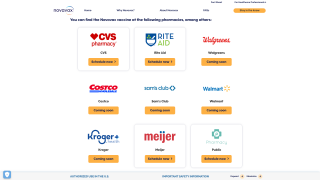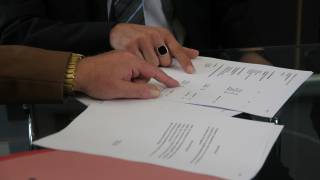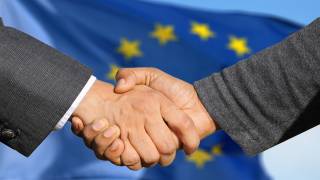Facebook's Fact Checkers Failed to Flag Gray Vaccine Information

A recently published study by Science shows that unflagged, factual, but misleading Facebook posts reduced the intent to receive a vaccine 46 times more than false posts flagged by fact-checkers as misinformation.
The Massachusetts Institute of Technology and the University of Pennsylvania researchers introduced a method combining crowdsourcing, machine learning, and large-scale observational data for estimating the causal effect of social media on societal outcomes. They surveyed thousands about the influence of headlines from vaccine-related news stories on their intent to vaccinate.
Announced on May 31, 2024, they found that the impact of flagrant vaccine misinformation on Facebook was significantly attenuated once third-party fact-checkers flagged and debunked such posts as false.
However, ambiguous misinformation remained unflagged as this 'gray' area eluded fact-checkers..... factually accurate but deceptive content.
This unflagged content cast doubts on vaccine safety or efficacy and was more consequential for driving vaccine hesitancy than flagged misinformation.
They found that flagged misinformation causally lowers vaccination intentions, conditional on exposure.
Specifically, given the comparatively low exposure rates, this content had much less of a role in driving overall vaccine hesitancy compared with vaccine-skeptical content, much of it from mainstream outlets that were not flagged by fact-checkers.
These researchers concluded that the only content dimension that consistently predicted a headline's impact on vaccination intentions was the extent to which the headline suggested that the vaccine was harmful to the people.
This review suggests that while limiting the spread of misinformation has significant public health benefits, it is also critically important to consider gray-area content that is factually accurate but misleading.
Companies like Facebook assert that First Amendment free speech rights must protect unflagged content.
Furthermore, X, formerly known as Twitter, has deployed an innovative solution to fact-checker effectiveness.
A Research Letter published in JAMA on April 24, 2024, led by John W. Ayers, Ph.D., from the Qualcomm Institute within UC San Diego, finds that X''s Community Notes helped counter false vaccine information with accurate, credible responses.
"Since the World Health Organization declared vaccine misinformation a risk, there have been surprisingly few achievements to celebrate," said Ayers in a press release.
"X Community Notes have emerged as an innovative solution, pushing back with accurate and credible health information."
Traditionally, the most trusted vaccine information came from healthcare providers.
Regarding the most trusted healthcare providers, doctors and pharmacists are at the top of the list. During the recent pandemic, these main-street professionals played a crucial role in scaling up vaccinations throughout the U.S.
Our Trust Standards: Medical Advisory Committee
























